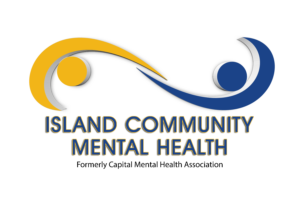How family and friends can aid mental health recovery
 Recovering from mental illness is terrifying and exhausting, both for the person diagnosed and those who stand beside them throughout the recovery process. Sometimes, particularly when the diagnosis is new, the person suffering feels as if they will not ever become well again.
Recovering from mental illness is terrifying and exhausting, both for the person diagnosed and those who stand beside them throughout the recovery process. Sometimes, particularly when the diagnosis is new, the person suffering feels as if they will not ever become well again. Family and friends might be unsure if recovery is possible. They question how they can help. Mental illness creates a feeling of helplessness for everyone involved. My and my family’s experience with chronic mental illness has allowed me to understand how important it is to have a support group. It can define the journey taken to recover from mental illness.
My diagnosis is rare. I was diagnosed with bipolar II disorder when I was 12. While my siblings were attending school and playing soccer on weekends, I was confined to a children’s psychiatric hospital. I remember wondering what was wrong with me. I remember my parents, wide-eyed, watching as my moods shifted by the hour, even the minute. We were all terrified. Mental illness is frightening at its core.
Unsure what to do, my parents brought me to doctors, psychiatrists, therapists and even nutritionists. The various doctors told them I had Attention Deficit Disorder; the psychiatrists told my parents they were parenting me badly. They were certain that explained my erratic behavior.
Click here to read more.



 Dr. Marc Berman, lead author and post-doctoral fellow at Baycrest’s Rotman Research Institute
Dr. Marc Berman, lead author and post-doctoral fellow at Baycrest’s Rotman Research Institute









